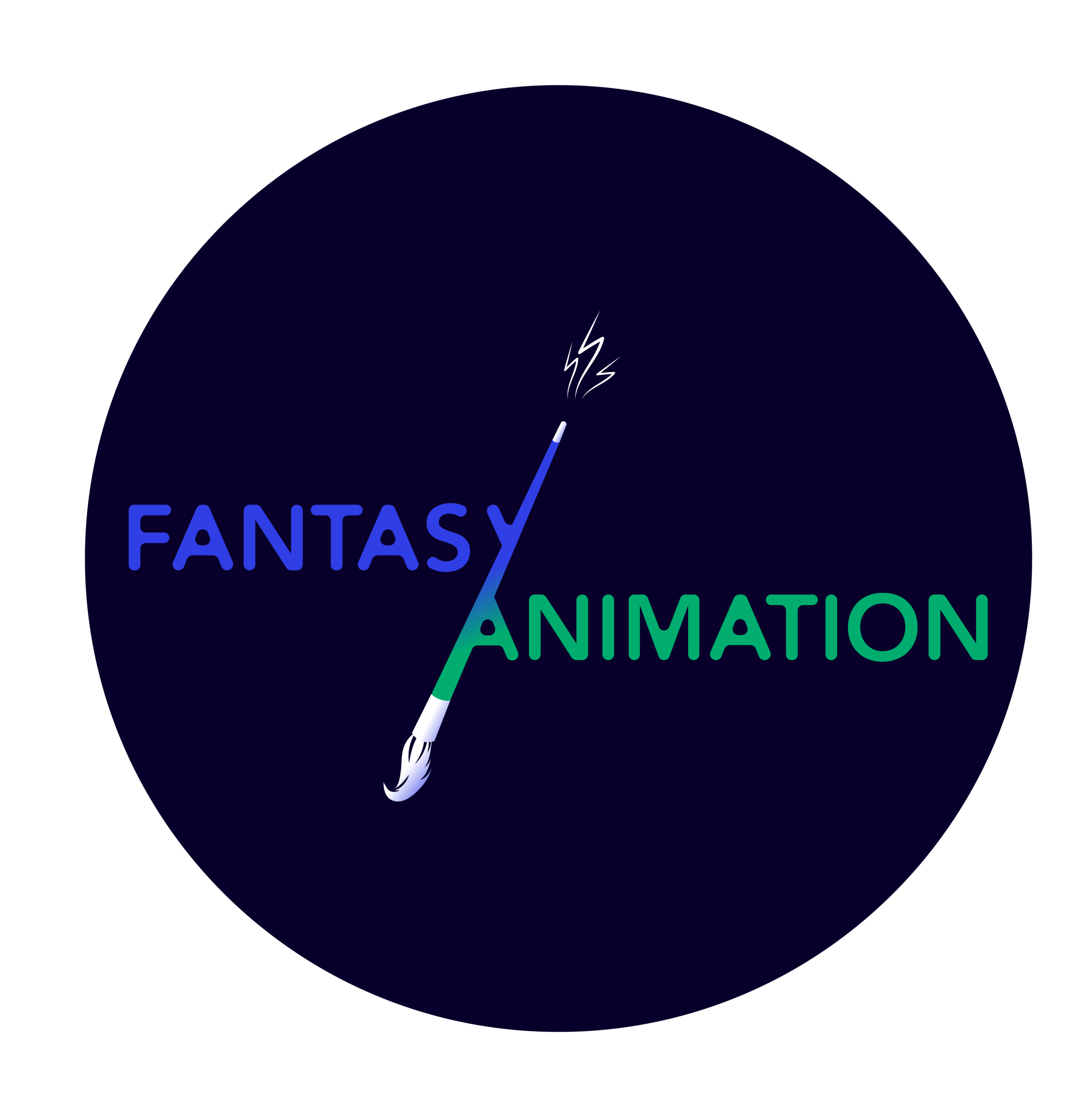Children are frequently asked who or what they want to be when they grow up, and the possibilities can seem pretty endless. Racecar drivers and dolphin trainers, chefs, presidents, sometimes out and out supervillains – but also doctors and teachers, writers and artists. After my experience as a postdoctoral researcher with the European Research Council-funded research project Constructing Age for Young Readers (CAFYR) at the University of Antwerp, I have spent a lot of time wondering what we might hear if we were asked those same questions again while in our thirties, or even our forties. Who would we want to become? Who are we shown as inspiration for who we might be able to become?
Read MoreThe overall argument of Matthew Oliver’s Magic Words, Magic Worlds (2022) is that the style of epic fantasy shapes readers’ experiences in what he broadly calls “political ways” (26). Politics here includes the identity positions that authors, readers and characters can take, and empathy is discussed as one of the prime mechanisms facilitating such political involvement.
Read MoreIn Fairy Tales of London, Hadas Elber-Aviram traces the way in which eight British authors combine London and the fantastic in various stories. Elver-Aviram argues that the fictions of Charles Dickens, H. G. Wells, George Orwell, Mervyn Peake, Michael Moorcock, M. John Harrison, Neil Gaiman, and China Miéville form a coherent, socially engaged, literary tradition that is intimately connected to modern urbanity.
Read MoreThe very title of this new collection may leave experienced readers raising eyebrows. Arthuriana, after all, is a complex tradition with a long history of adaptation and remediation, so it might be difficult to imagine that a single book could cover two entire centuries of these practices and the texts they produce.
Read MoreNineteen Eighty-Four (1949) as a novel has taken on a life divorced from its creator. In political parlance, the book—or terms from it—have been used to herald apocalyptic prophecies, no matter the political affiliation. For example, recently in the United States, Senator Josh Hawley, R-MO, used the term “Orwellian” to describe a publishing house’s cancellation of a book contract.
Read MoreMaria Sachiko Cecire’s Re-Enchanted: The Rise of Children’s Fantasy Literature in the Twentieth Century (2019) is an expertly crafted study. This is a book about children’s literature in the twentieth-century, how it came to be shaped, and why medieval elements are so prevalent.
Read MoreIf any readers are expecting a definition to be provided in this review as to what exactly the term aurelia refers to in Carol Mavor’s recent book, they are likely to be disappointed. Having now read Aurelia: Art and Literature Through the Mouth of the Fairy Tale (London: Reaktion Books, 2017), I am still unsure what it means. In fact, I get the sense that this might indeed be partially the point. Aurelia is not a book which aims to clarify and explain so much as it seeks to provoke and inspire. It is nominally a book about fairy tales.
Read More






